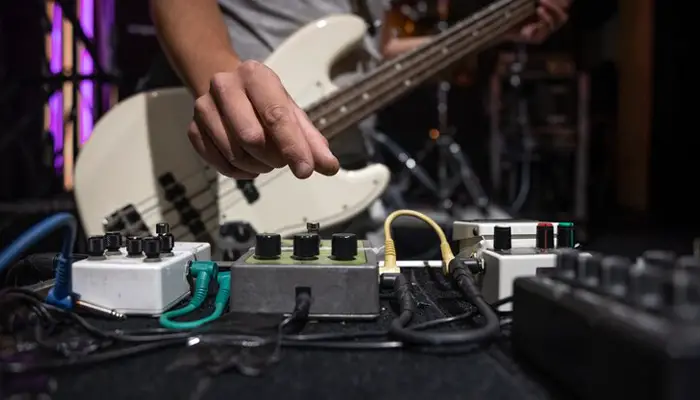
Are you curious about console pianos and want to know what is a console piano? In this comprehensive guide, we’ll delve into the world of console pianos, providing you with a deeper understanding of their design, characteristics, and considerations for potential buyers.
Let’s get started!
Table of Contents
Understanding Console Pianos
A console piano is a type of upright piano known for its compact size and lightweight design. Unlike traditional upright pianos, console pianos are smaller in stature, making them an ideal choice for those with limited space in their homes or studios. Despite their smaller footprint, console pianos offer excellent sound quality and playability, making them a popular choice among beginner and intermediate pianists.
Exploring Key Features
When considering whether a console piano is the right choice for you, it’s essential to understand its key features:
- Size and Weight: One of the main advantages of console pianos is their compact size and lightweight construction. If you’re seeking a piano that can easily fit into smaller spaces or be moved around with ease, a console piano is an excellent option.
- Affordability: Console pianos are generally more affordable than their larger upright counterparts. This makes them an attractive choice for budget-conscious buyers or those looking to invest in their first piano without breaking the bank.
- Sound Quality: While console pianos may not be crafted with the same level of materials or craftsmanship as grand pianos, they still offer excellent sound quality. However, it’s essential to keep in mind that the sound and feel of a console piano may vary depending on the brand and model.
Tips for Choosing the Right Piano
Here are some additional factors to consider when selecting a console piano:
- Research Brands: Take the time to research different piano brands and models to find one that suits your preferences and budget. Reading reviews and seeking recommendations from experienced pianists can help guide your decision.
- Test Before You Buy: If possible, visit a piano showroom or music store to test out different console pianos before making a purchase. This will allow you to assess the sound quality, key action, and overall feel of the instrument.
- Consider Long-Term Maintenance: Console pianos, like all musical instruments, require regular maintenance to ensure optimal performance. Factor in the cost of tuning, repairs, and upkeep when budgeting for your new piano.
Conclusion: What is a Console Piano?
That concludes our comprehensive guide to console pianos! We hope this information has provided you with valuable insights into the world of upright pianos. Remember, choosing the right piano is a personal decision that should take into account your budget, space constraints, and musical preferences. Happy playing!
Meanwhile, you can also check out 16 Best Acoustic Piano for Beginners.
Frequently Ask Questions
What is the difference between a console and an upright piano?
Console pianos are smaller and lighter than traditional upright pianos, making them a great choice for smaller spaces or beginners.
How much do console pianos typically cost?
Console pianos can range in price from $100 to $500, depending on the brand, condition, and features.
Can I purchase a console piano online?
Yes, many retailers offer console pianos for sale online. However, it’s essential to do your research and read reviews before making a purchase.
How long do console pianos last?
With proper care and maintenance, console pianos can last anywhere from 50 to 75 years.
What is the best way to care for my console piano?
Regularly dusting and cleaning your piano, as well as scheduling regular tunings, can help extend its lifespan and ensure optimal performance.
Which pianos hold their value?
The most expensive pianos, such as Steinway & Sons or Bosendorfer, tend to hold their value the best.
You can also check out How Many Keys on a Piano and How Many Octaves on a Piano (Expert Guide).



